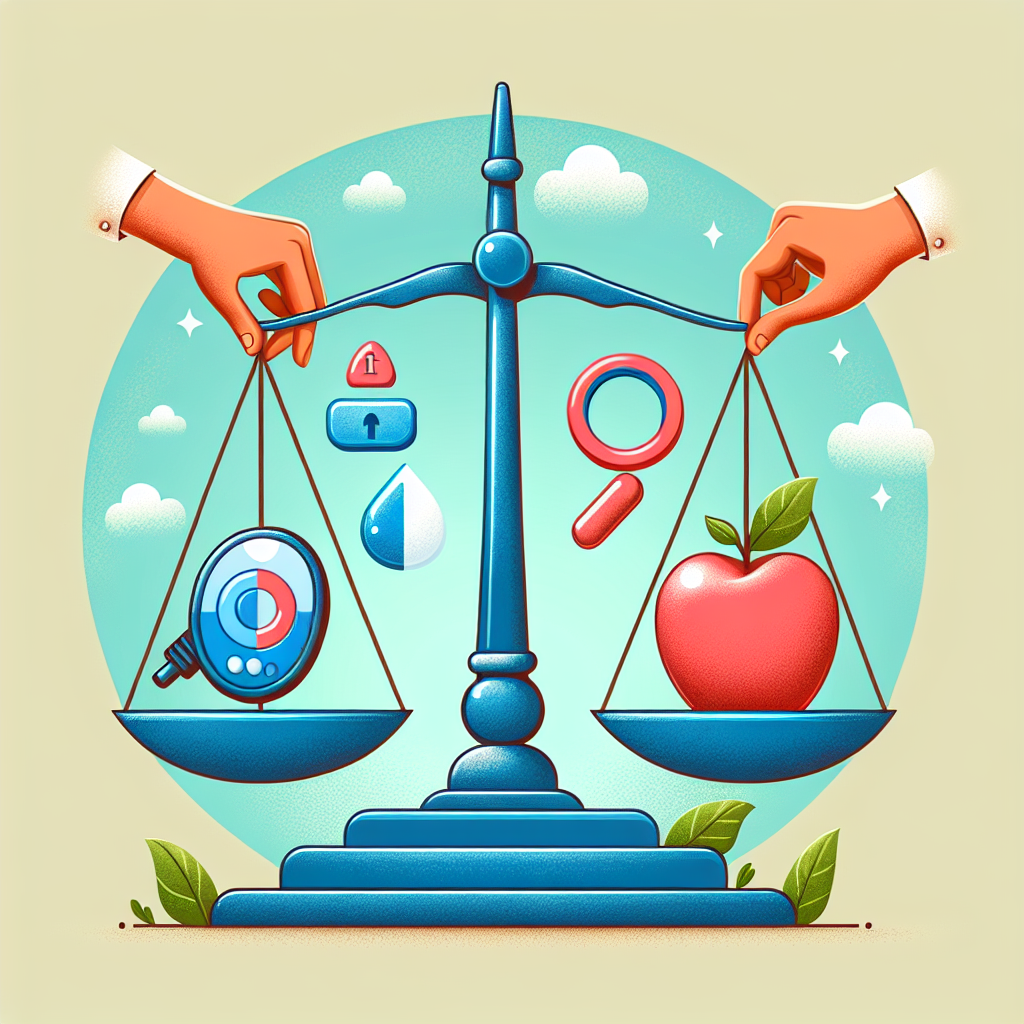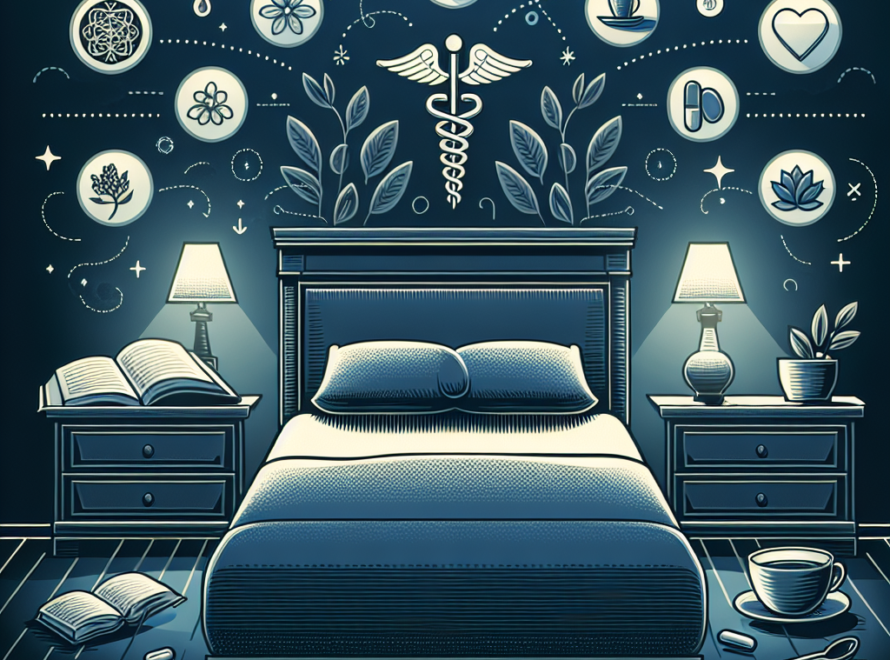Diabetes and Erectile Dysfunction: Managing Both Conditions Effectively
Understanding the Overlap Between Diabetes and Erectile Dysfunction
Living with diabetes can be challenging—from managing blood sugar levels and medications to maintaining a healthy diet and lifestyle. One of the less frequently discussed yet highly prevalent complications of diabetes is erectile dysfunction (ED). Research indicates that up to 75% of men with diabetes will experience some form of ED during their lifetime. Often, these symptoms begin earlier and tend to be more severe compared to men without diabetes.
If you’re dealing with both diabetes and ED, it’s essential to understand how the two conditions are linked and, more importantly, to recognize that effective treatment options are available. With the right strategy, you can regain control over your health and sexual well-being.
The Connection Between Diabetes and Erectile Dysfunction
Erectile dysfunction is defined as the persistent inability to achieve or maintain an erection firm enough for sexual activity. While ED can affect any man, those with diabetes are two to three times more likely to experience it and often develop it 10 to 15 years earlier than men without diabetes.
Why Does Diabetes Cause ED?
High blood sugar over time can damage both blood vessels and nerves—including those involved in sexual function. This results in impaired blood flow and disrupted nerve signals to the penis.
As Dr. Robert Segal, cardiologist and founder of LabFinder, explains:
“When diabetes isn’t well-controlled, it leads to endothelial dysfunction, where the blood vessels can’t dilate properly. This directly affects circulation in the penis, which is key for a healthy erection.”
Hormonal imbalances, psychological stress, and depression—often more common in people with chronic conditions—can also contribute.
Common Causes of Erectile Dysfunction in Men with Diabetes
Poor Blood Sugar Control
Persistently high blood sugar (hyperglycemia) damages the small blood vessels and nerves required for a normal sexual response. According to the American Diabetes Association, poorly managed glucose increases the risk of ED by nearly 50%.
Nerve Damage (Diabetic Neuropathy)
Nerves play a critical role in arousal and erection. Over time, prolonged diabetes can lead to diabetic neuropathy, making it more difficult to achieve or maintain erections.
Reduced Blood Flow
Diabetes promotes a condition called atherosclerosis, or narrowing of the arteries. This reduces blood flow to the penis—a key contributor to erectile dysfunction.
Low Testosterone (Hypogonadism)
Data from the University of Michigan Health suggests that up to 50% of men with type 2 diabetes also have low testosterone. This not only diminishes sex drive but can also severely reduce erectile performance, energy, and mood.
Depression and Anxiety
Chronic illnesses like diabetes can significantly impact emotional well-being. Mental health issues such as depression, performance anxiety, and low self-esteem can make ED worse.
Side Effects from Medications
Certain drugs used to manage diabetes and related conditions—such as beta-blockers, antidepressants, and diuretics—may interfere with sexual function. A medication review with your doctor may identify alternatives that better support sexual health.
Effective Ways to Manage Diabetes and ED Together
Keep Blood Sugar Levels in Check
Maintaining optimal blood sugar control is one of the most effective ways to prevent and treat ED. Studies indicate men with well-managed glucose levels are significantly less likely to develop erectile problems.
Use tools such as a continuous glucose monitor (CGM) to keep track of blood sugar fluctuations. Aim to:
– Monitor blood glucose consistently
– Follow a low-glycemic, nutrient-rich diet
– Exercise regularly (e.g., 30-minute walks at least 5 days per week)
– Take prescribed medications as directed
Adopt a Heart-Healthy Lifestyle
ED is often caused by poor vascular health. Improving cardiovascular health can also improve erectile function. Recommended lifestyle changes include:
– Eating plenty of fruits, vegetables, lean proteins, and whole grains
– Avoiding processed foods and sugary beverages
– Quitting smoking to improve penile blood flow
– Limiting alcohol consumption and managing stress effectively
Start small: swap sugary drinks with water, take the stairs whenever possible, or meal prep once a week.
Speak With a Healthcare Provider
You don’t have to manage ED alone. A doctor or urologist can recommend treatment options such as:
– Prescription medications like sildenafil (Viagra) or tadalafil (Cialis), especially effective when blood sugar is controlled
→ Learn more or order discreetly from edrugstore.com
– Hormone therapy if testosterone levels are low
– Mechanical solutions like vacuum erection devices or penile implants for severe cases
Dr. Michael Eisenberg, a urologist at Stanford University, says:
“Men with diabetes often assume ED is untreatable, but we have many options today—from pills and pumps to counseling and lifestyle interventions.”
Prioritize Mental and Emotional Health
Your emotional state plays a large role in sexual function. Anxiety and depression can aggravate ED or even cause it.
Recommended approaches:
– Cognitive-behavioral therapy (CBT)
– Couples counseling or sex therapy
– Mindfulness practices like yoga or meditation
Reach out to a friend or support group if professional help is unavailable. Sometimes, simply talking about it can ease the burden.
Review Your Current Medications
Noticed ED symptoms after starting a new medication? Discuss with your doctor whether that drug might be contributing. Alternative medications may be safer for your sexual health.
Support From Your Partner Matters Too
ED can affect more than physical intimacy—it can also impact your confidence and relationships. Honest communication with your partner is crucial.
Here’s how to start:
– Express your feelings openly and without self-blame
– Learn about each other’s sexual needs and comfort zones
– Consider attending medical appointments or therapy sessions as a couple
Involving your partner fosters empathy, deepens emotional intimacy, and strengthens your relationship.
The Bottom Line
While diabetes and erectile dysfunction are often interlinked, they don’t have to dictate your quality of life. With proper blood sugar management, a heart-healthy lifestyle, medical interventions, and mental health support, both conditions can be effectively controlled.
If you’re facing ED alongside diabetes, remember: you’re not alone, and help is available. Speak with your healthcare provider and explore discreet prescription services from trusted sources like edrugstore.com.
Your health—and your sex life—are worth investing in. Take the first step today.
Sources & References
– Mayo Clinic. “Erectile Dysfunction and Diabetes: Is There a Connection?” MayoClinic.org, 2023
– American Diabetes Association. “Statistics About Diabetes.” ADA.org, 2023
– University of Michigan Health. “Testosterone Deficiency in Men with Diabetes.” UofMHealth.org, 2022
– The Journal of Sexual Medicine. “Prevalence of ED in Men with Diabetes.” Volume 17, Issue 5, 2020
– Diabetes Care. “The Impact of Glycemic Control on Erectile Dysfunction.” ADA Journals, 2018
– Segal, Robert. M.D., interview on cardiovascular health and ED. LabFinder, 2022
– Eisenberg, Michael. M.D., interview on ED treatments for men with diabetes. Stanford Medicine, 2023


